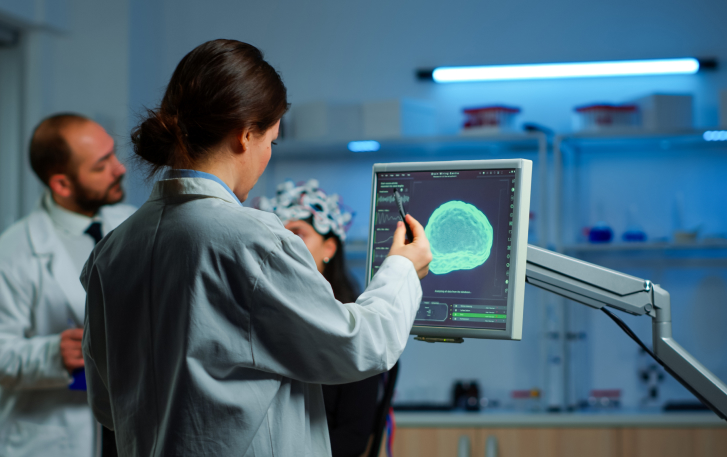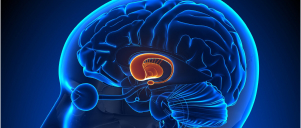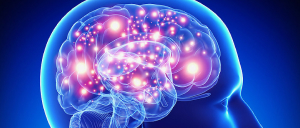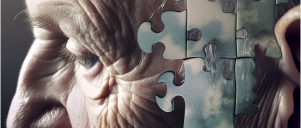At Heritage IMS Hospital, we have extensive experience in managing the most complex neurological disorders, including stroke, epilepsy, movement disorders, multiple sclerosis, and neurodegenerative conditions like Parkinson’s and Alzheimer’s. Our expertise also extends to advanced neurocritical care, cerebrovascular interventions, and neuro-rehabilitation, achieving success rates comparable to international standards. We are consistently rated among the best neurology hospitals in Varanasi through various prestigious surveys. Our team of the best neuro physicians in Varanasi specializes in pioneering procedures such as Deep Brain Stimulation (DBS), thrombolytic therapy, endovascular interventions, and cutting-edge neuroimaging techniques. Our stroke management program is recognized as one of the most advanced in the country.

Neurology is the branch of medicine that focuses on the diagnosis, treatment, and management of disorders of the nervous system, which includes the brain, spinal cord, nerves, and muscles. Neurologists specialize in conditions such as stroke, epilepsy, Parkinson’s disease, multiple sclerosis, and neurodegenerative diseases like Alzheimer’s.
Neurological disorders can arise from a variety of factors, including:
Our centres have dedicated Neuro ICUs with a 1:1 nursing ratio, round the clock. They are well-equipped with advanced monitoring systems, including bedside EEG, continuous oxygen supply, infusion pumps, ventilators, intracranial pressure monitoring, thrombolysis for acute stroke, ABG analysis, and neuro-navigation for precision-based treatments.
Electrophysiological studies are crucial in evaluating neurological disorders such as epilepsy, neuropathies, and sleep disorders. Our specialists perform advanced diagnostic tests like electroencephalography (EEG), electromyography (EMG), nerve conduction studies, and evoked potentials to diagnose and manage complex neurophysiological conditions.
The Non-Invasive Neurology Unit is led by senior neurologists dedicated to precise diagnosis and treatment. Procedures performed here include transcranial Doppler, functional MRI, video EEG monitoring, nerve ultrasound, and autonomic function tests for diagnosing and managing neurological conditions effectively.
Accurate diagnosis is the first step toward effective treatment. We invest in the latest diagnostic equipment and continuously upgrade the skills of our personnel. Our state-of-the-art neurodiagnostic facilities include advanced MRI, CT scans, PET scans, and cerebrospinal fluid analysis, ensuring early detection and precise management of neurological disorders.
Diagnosing neurological disorders requires a thorough and systematic approach. At Heritage IMS Hospital, we use a combination of detailed medical history, physical examination, and advanced diagnostic tools to accurately identify and assess neurological conditions. Common diagnostic methods include:
High-quality, evidence-based neurological care leads to improved patient outcomes and reduced hospital stays. We continuously monitor and enhance our treatment protocols to ensure patient safety and the highest standards of care.
It is essential to consider quality while selecting a hospital. Research shows that hospitals with higher expertise in neurological procedures achieve better patient outcomes. Our hospital, with its specialized neuro team and advanced technologies, ensures superior care for every patient.
Consult with our expert neurologists today to experience world-class care and achieve the best possible outcomes.


Dr. Harmohan Sahoo is a trusted and experienced specialist in Neuro Medicine, dedicated to the diagnosis and medical management of disorders affecting the brain, spine,...

Overview Stroke is a medical emergency that occurs when blood flow to the brain is disrupted due to a blockage (ischemic...
Read More >>
Overview Parkinson’s disease is a progressive neurological disorder that affects movement, balance, and coordination. It occurs due to a loss of...
Read More >>
Overview Headaches and migraines are among the most common neurological disorders, affecting millions of people worldwide. While occasional headaches are normal,...
Read More >>
Overview Epilepsy is a chronic neurological disorder characterized by recurrent seizures due to abnormal electrical activity in the brain. Effective treatment...
Read More >>
Overview Alzheimer’s disease is a progressive neurodegenerative disorder that affects memory, thinking, and behavior. It is the most common cause of...
Read More >>Dizziness is a common yet concerning symptom that affects individuals of all ages. It is often described as a sensation...
Read More >>Headaches are a common neurological complaint that affects people of all ages. While occasional headaches are often harmless, frequent headaches...
Read More >>Numbness or tingling, also known as paresthesia, is a common neurological symptom that can affect any part of the body...
Read More >>Vision problems such as blurry vision, double vision (diplopia), or sudden loss of vision can be alarming and may indicate...
Read More >>What is Insomnia? Insomnia is a common sleep disorder that affects an individual's ability to fall asleep, stay asleep, or achieve...
Read More >>Memory loss, also known as amnesia, is a condition where a person experiences difficulty remembering information, events, or experiences that...
Read More >>Paralysis is the loss of muscle function in a part of the body, often caused by disruptions in nerve signals...
Read More >>Visual hallucinations refer to seeing things that are not actually present. These false perceptions can range from simple shapes or...
Read More >>Early signs include frequent headaches, dizziness, numbness, weakness, memory loss, and difficulty with speech or movement. If you experience any of these, consult a neurologist promptly.
Stroke is diagnosed using CT or MRI scans, and treatment may include thrombolysis, endovascular procedures, or rehabilitation depending on the severity.
DBS is used to treat Parkinson’s disease, dystonia, essential tremors, and other movement disorders by regulating abnormal brain activity.
If you have persistent neurological symptoms such as chronic headaches, seizures, weakness, numbness, or memory problems, it is advisable to seek neurological evaluation.
Epilepsy treatment includes medications, lifestyle modifications, neurostimulation, and in some cases, surgical intervention to control seizures effectively.